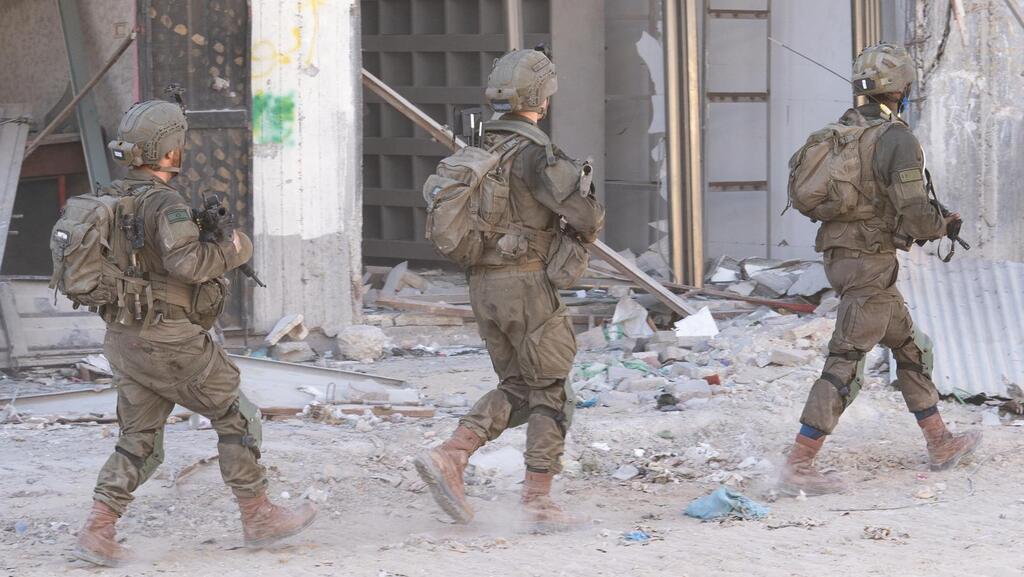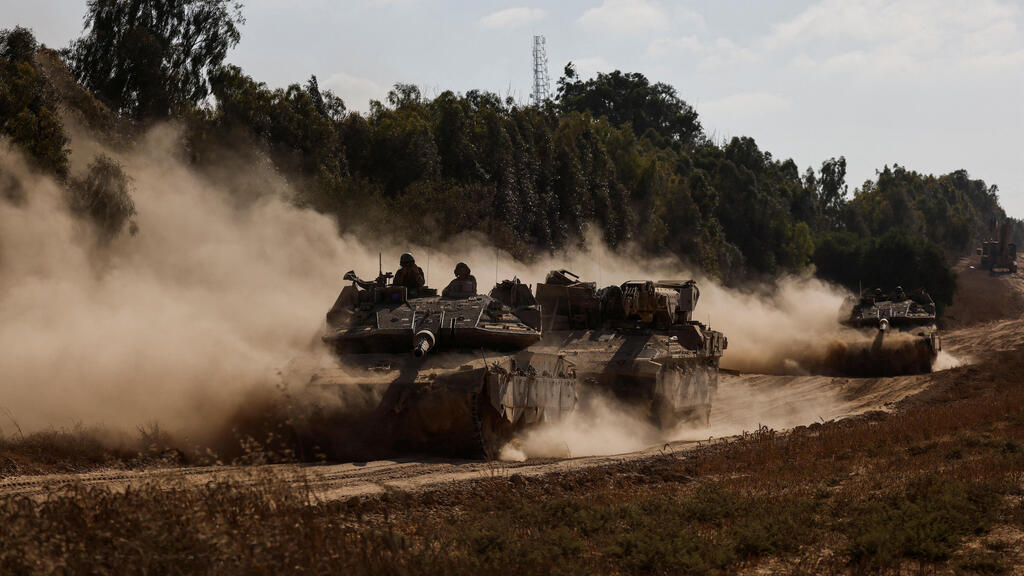Getting your Trinity Audio player ready...
Senior IDF and security officials have told the government that in light of the military achievements in the war in Gaza, they would support a cease-fire agreement that would ensure the release of the 120 Israeli hostages being held by Hamas in Gaza.
On Tuesday, the New York Times reported that the top military commanders were in favor of a cease-fire even if Hamas were to remain in power in the Palestinian enclave but that was a partial account of their position.
Senior commanders and officials told me that their position was that Hamas must be eliminated both militarily and as a governing force and that was expressed to Prime Minister Benjamin Netanyahu. However, they said that hostages must be freed at the same time. This position was the basis of the cease-fire proposal as it was presented by U.S. President Joe Biden last month.
There is indeed a rift between Netanyahu and senior IDF and Defense Ministry officials but not because of Netanyahu's refusal to end the war or to release hostages.
The prime minister has been attempting to place sole responsibility for the failures leading up to and on October 7, on the IDF and intelligence community. He had also refused to approve the implementation of a plan for an alternative rule in Gaza, to replace Hamas. The plan includes the establishment of Hamas-free zones controlled by Gazan entities other than Hamas, which was devised by the security officials was ready to be put into action.
3 View gallery


IDF forces in Gaza, Benjamin Netanyahu
(Photo: Photo: IDF Spokesperson's Unit, Reuters)
However, Netanyahu, fearing opposition from ministers in his government, refuses to approve its implementation. He has also rejected any role for the Palestinian Authority in post-war Gaza.
The third point of contention between the security officials and Netanyahu is the prime minister's refusal to publicly approve humanitarian measures to be taken, that would bolster international support and legitimacy for Israel's continued fighting although he agreed that they must be implemented in closed meetings.
However, when the IDF and the Coordinator of Government Activities in the Territories (COGAT) allow Israeli electricity to operate a water desalination plant in the area sheltering displaced Gazans, Netanyahu failed to back the military when it became known and claimed as he had done numerous times before, that he was unaware of the plan.
It is also true that senior IDF and security officials believe a cease-fire in Gaza could also facilitate a diplomatic agreement with Hezbollah and the Lebanese government and prevent an all-out war in the north. Netanyahu appears to agree, as do others in his government, but not all.
The military has no hesitation to confront Hezbollah and urges Netanyahu to work diligently to bring about the safe return of residents evacuated from the north since the start of the war.
There is no shortage of munitions and spare parts for the tanks and bulldozers participating in the fighting in the Strip. The delay in arms shipment by the U.S. doesn’t create such a shortage either. The IDF is eyeing its supply of munitions in preparation for a war against Hezbollah, that could be long.
There is no change to the motivation of troops to fight the war, and although there is a slight dip in the willingness of reservists to report to additional rounds of duty, that is hardly impacting the military's deployment.




